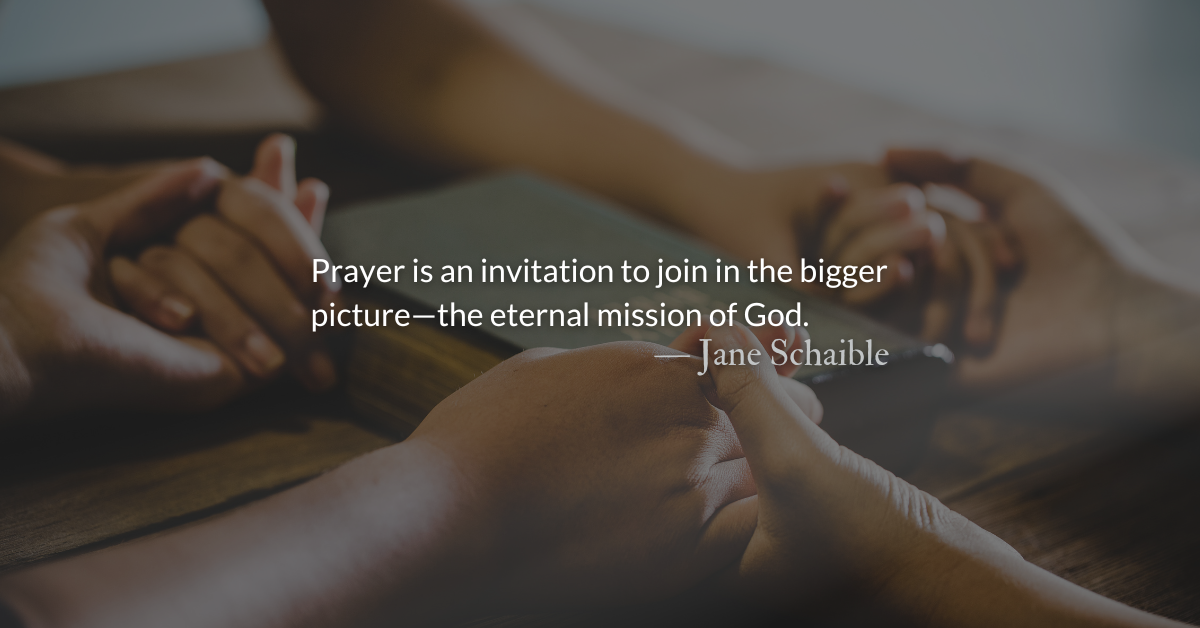Scripture Focus: Acts 16:3
Paul wanted to take him along on the journey, so he circumcised him because of the Jews who lived in that area, for they all knew that his father was a Greek.
Reflection: Gospel Motivation
By Carolyn Westendorf
On the heels of the Jerusalem Council’s decision to not make circumcision a requirement for believers, Paul decided Timothy needed to be circumcised. Why would he do this?
Paul did not do this so Timothy could become a believer. Timothy was a disciple of Jesus Christ, highly praised by other believers, half-Jew, half-Greek, and uncircumcised. Verse 3 explains that Paul was concerned about the Jews they would encounter on their missionary journeys.
There were cultural concerns in Paul’s mind. Perhaps he desired not to bring contention among those Timothy would be ministering to. Because Timothy was half Jewish, circumcision would be an indication that he embraced his heritage. Timothy could remove this stumbling block in the hearts and minds of his fellow Jews. Perhaps by doing so, the message of the gospel could soften their hearts.
We can be sure of this: the gospel motivated Paul to act with Timothy in this way. The good news of the gospel frees believers from the power of sin. We are free from trying to prove ourselves worthy of God’s gift. Circumcision does not save a person, but it teaches us that our sin nature needs to be cut off. Similarly, baptism does not save us, but it is a symbol of new life in Christ.
Paul, living in this gospel freedom, circumcised Timothy; not to save him, but to help him. The gospel motivated these men to think of the people they would minister to. What could they give up so that others might hear and receive the gospel? If the sacrifice does not result in sin, if it does not compromise our commitment to the gospel, then why would they not give it up?
What could you give up so that others might hear and receive the gospel? In Paul’s mission to share the good news, he proclaimed: “I have become all things to all people so that by all possible means I might save some. I do all this for the sake of the gospel, that I may share in its blessings.” (1 Corinthians 9.22b-23) May we join Paul and Timothy in their commitment to sharing the gospel and also join the church in being strengthened and encouraged with this reaffirmation of the gospel (Acts 16.5).
Divine Hours Prayer: The Call to Prayer
Let all who seek you rejoice and be glad in you; let those who love your salvation say forever, “Great is the Lord!” — Psalm 70.4
Today’s Readings
Isaiah 58 (Listen -3:09)
Acts 16 (Listen – 5:53)
This Weekend’s Readings
Isaiah 59 (Listen -3:54), Acts 17 (Listen – 5:28)
Isaiah 60 (Listen -3:55), Acts 18 (Listen – 4:06)
Read more about Resisting Culture’s Mold
The cultural marriage norms followed by the patriarchs and passed down by Moses were condemned by Jesus.











